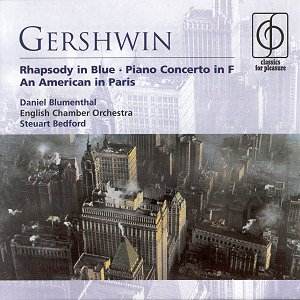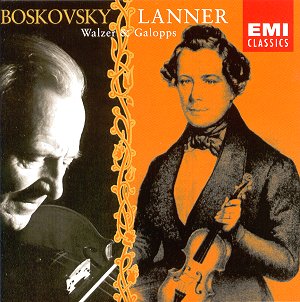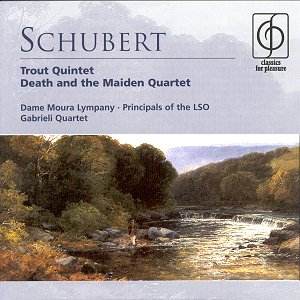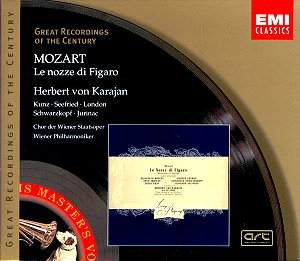 Composer: George Gershwin
Composer: George Gershwin
Works: Piano Concerto in F, Rhapsody in Blue, An American in Paris
Performers: Daniel Blumenthal, piano; English Chamber Orchestra; Steuart Bedford, conductor
Recording: All Saints Tooting, April 1983
Label: EMI Classics for Pleasure 724357494427
George Gershwin stands as a pivotal figure in the American music scene, his compositions embodying a synthesis of classical rigor and jazz spontaneity. The works presented in this recording—the Piano Concerto in F, Rhapsody in Blue, and An American in Paris—are not only landmarks in the American classical repertoire but also reflections of a cultural zeitgeist that embraced both sophistication and popular idioms. Gershwin’s ability to traverse these worlds has made his music a staple for both performers and audiences alike, and this recording by Daniel Blumenthal and the English Chamber Orchestra under Steuart Bedford sheds light on the timeless appeal of these pieces.
Blumenthal’s interpretation is marked by a clear-sighted finesse that balances the exuberance of Gershwin’s rhythms with a judicious restraint. Unlike some of his contemporaries, such as André Previn, whose performances often revel in their jazzy exuberance, Blumenthal opts for a more nuanced approach. His articulation in Rhapsody in Blue is particularly noteworthy; the famous opening clarinet glissando is met with a piano response that is both rhythmically pointed and harmonically rich. Blumenthal’s reluctance to overindulge in the piece’s lyrical themes allows the music’s inherent energy to shine through, making the performance not just a showcase of technical prowess but a compelling narrative.
The Piano Concerto in F, while perhaps slightly less successful than Rhapsody in Blue, benefits from Blumenthal’s objective musicianship. His technical command is evident in the intricate passages, where clarity of articulation reigns supreme. The interplay with Bedford’s orchestra is commendable; the English Chamber Orchestra delivers a crisp, supportive backdrop that complements Blumenthal’s playing without overshadowing it. Bedford’s reading of An American in Paris, although lacking the bustling swagger characteristic of some of his rivals, compensates with a meticulous attention to detail that reveals the intricate textures and colors inherent in Gershwin’s orchestration.
Recorded in 1983, the sound quality is remarkably good for its time, capturing the vibrant tonal palette of the orchestra while allowing for the piano’s voice to resonate clearly within the ensemble. The engineering balances the soloist and the orchestra effectively, ensuring that Blumenthal’s subtleties are not lost amid the orchestral fabric. This clarity enhances the listener’s appreciation of the dialogue between piano and orchestra, a hallmark of Gershwin’s compositional style.
While the landscape of Gershwin recordings is vast, with notable interpretations by Leonard Bernstein and Earl Wild, Blumenthal and Bedford’s collaboration stands out for its restrained elegance. Their performances eschew the flamboyance that can sometimes cloud the musical intentions, instead presenting a thoughtful and engaging interpretation that rewards repeated listening. The finesse with which they navigate the complexities of Gershwin’s music solidifies their place in the canon of recorded performances.
The return of this recording to the catalogue as a super-budget offering is a welcome opportunity for both new listeners and seasoned aficionados to rediscover these interpretations. Blumenthal’s ability to maintain an authentic connection to the music, while showcasing his technical and expressive abilities, makes this recording a worthy addition to any collection. The performances resonate with a clarity and precision that ensure Gershwin’s genius is both celebrated and understood in all its multifaceted glory.



